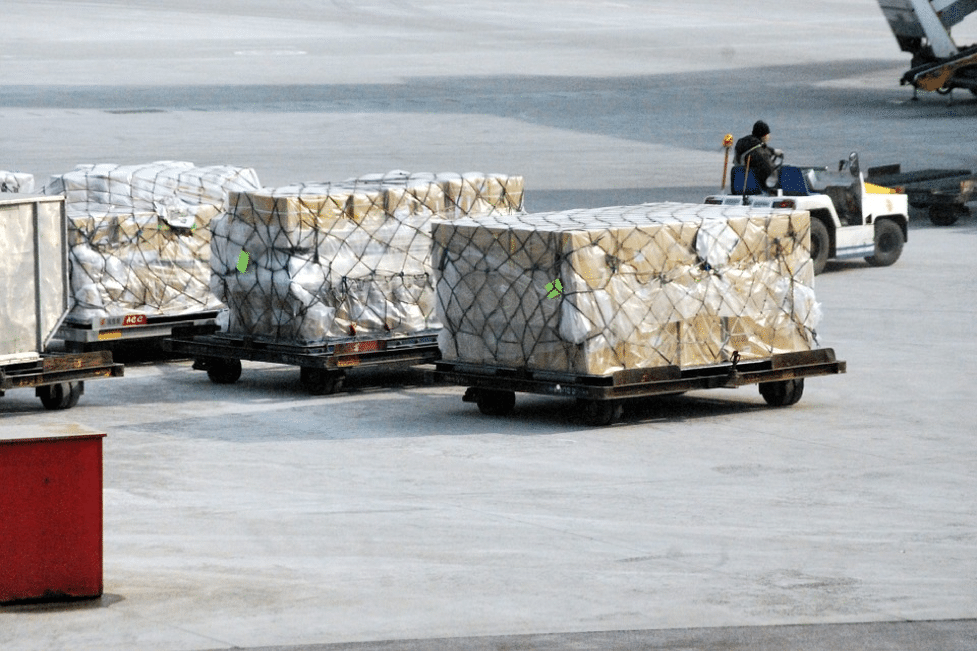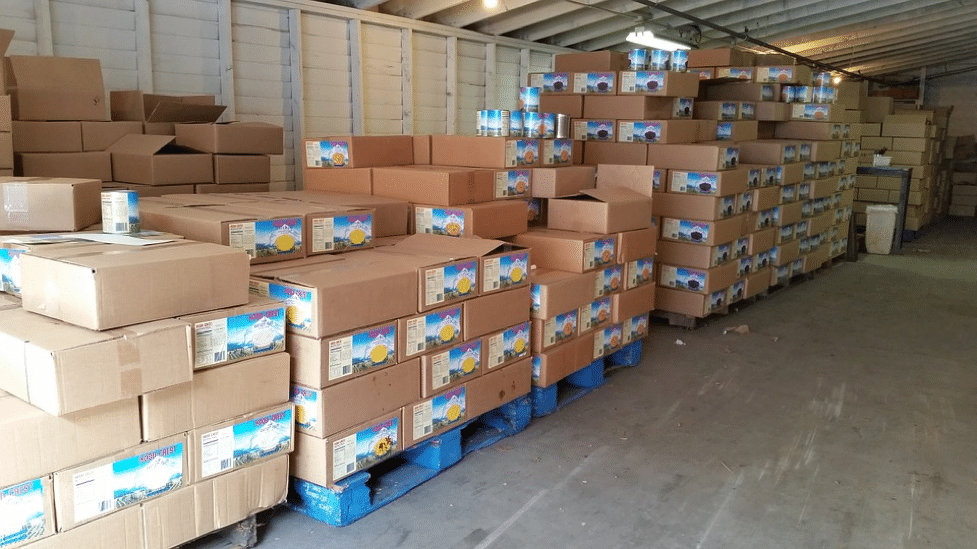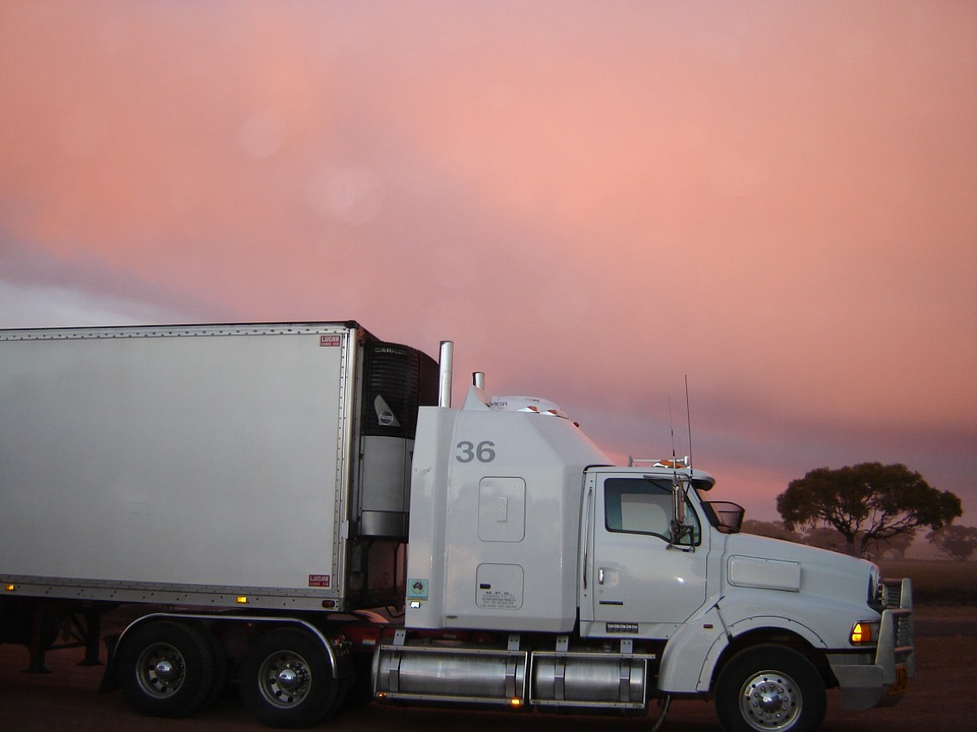The movement of goods in-and-out of any retail business is one of the most essential parts of the whole operation. It’s the heart and the goods are the blood. If they don’t get where they need to go when they need to be there, you start haemorrhaging money and the business won’t last much longer. So, what do you need to know about keeping the logistics system healthy and blockage free?

Know your supplier (and your supplier’s supplier)
There are a few different criteria you can use to judge which suppliers your business should be relying on. Location and the costs of transport are going to be considerations, but any business that’s reliable should have the size and positive proof in the form of testimonials and other vouches from business owners to show it. A good supplier is also honest about their own supply process and will share the knowledge of any risks to supply with you in advance, allowing the business time to accommodate.
Stock-smart, not stock-heavy
It might seem like there are advantages to front-loading the business by getting stock in bulk. If you’re expecting a seasonal peak, for instance, then it’s a good idea. However, if you do it all the time, then you might be spending more money that you should in the long-run. Inventory costs money to store and storage takes money to maintain. Otherwise, said inventory is at the mercy of the environment. Reduce inventory costs by using stock projections to make accurate estimates of just how much stock you’re going to need.
Don’t take it all on yourself
If your business isn’t big enough, then there’s a good chance it won’t be able to handle all the aspects of a delivery and fulfillment system by itself. Instead, you should ensure that you know all of your customer’s delivery demands and have the right options in place by outsourcing them. For instance, interstate freight transport services mean you can crowdsource the costs of long-term deliveries with other people using the service, rather than paying a single vehicle to take just your package all the way. On the other hand, local couriers can be just as cost-effective to deliver goods in your area. In future, as your business has the money to reinvest in itself, you might want to take delivery services in-house but you should always keep in mind calculating the costs and use those outsourced partners when your own fleet could be better used.
Clerical errors cost customers
Customers expect prompt delivery to the right place amongst other things and a disorganised mailing system can get in the way of that. Make sure that you’re using digital systems that double-check customer records with the information that gets sent to your mailing team. Regular checks on mailing class, on the address, and the like are essential for stopping shipping mistakes.
You need both the right practices inside the business and the right partners from the outside to keep your logistics in good order. Unless you do, inefficiencies and errors will plague the business until it can longer support the weight of them.



 Image Credit
Image Credit Image Credit
Image Credit Image Credit
Image Credit

